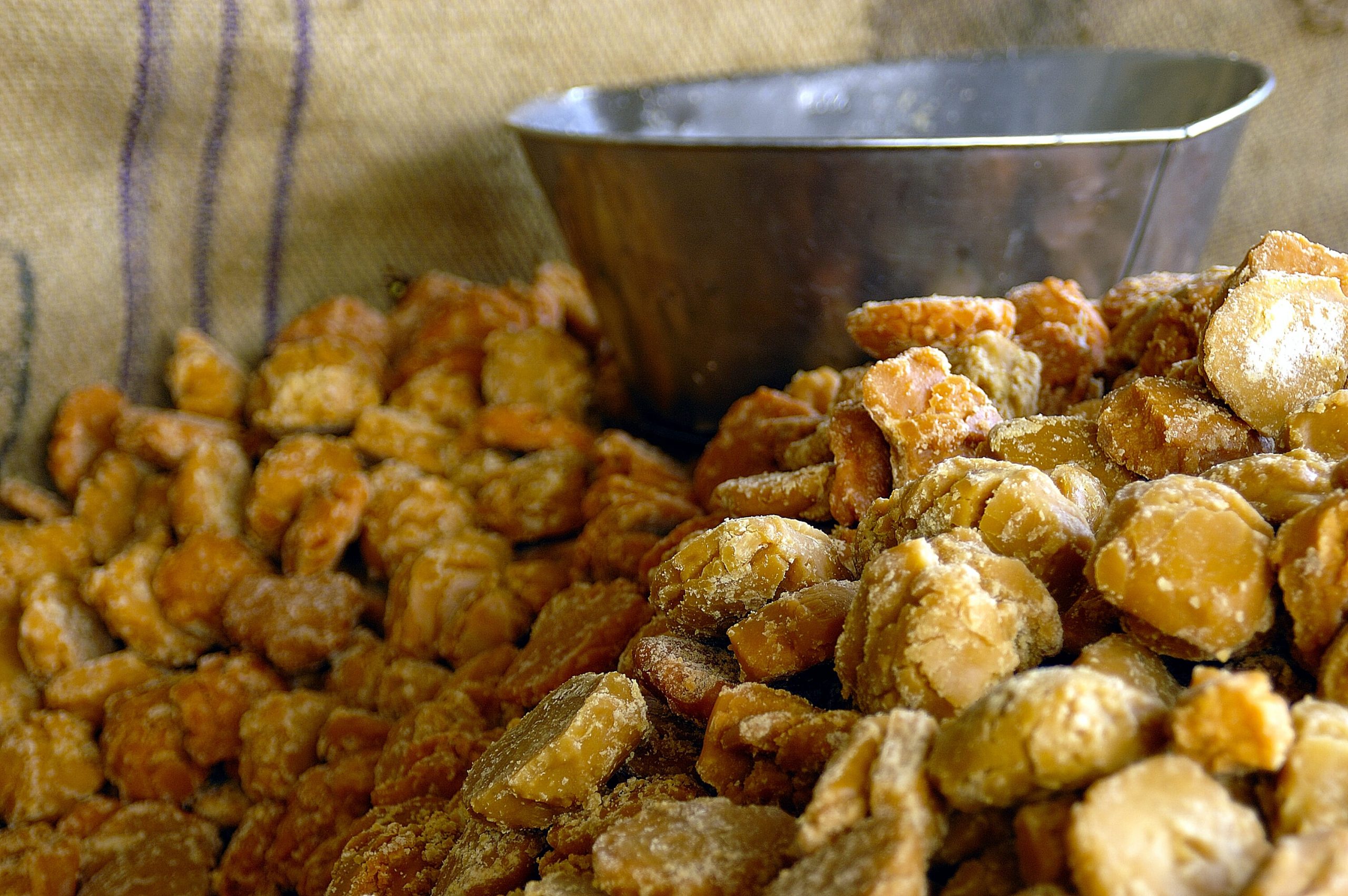
Introduction: 🌿✨ Cinnamon, a popular spice known for its warm and sweet flavor, has more to offer than just enhancing the taste of your favorite dishes. It has also been associated with potential benefits for hair growth. In this blog post, we will explore the potential of cinnamon for hair growth, examining its active compounds, soothing properties, and how it can be used in hair care routines to promote healthy and vibrant locks. Get ready to uncover the spicy secret of cinnamon and its potential impact on your hair!
Understanding Cinnamon: 🌿 Cinnamon is derived from the bark of trees belonging to the Cinnamomum genus. It is available in two main varieties: Ceylon cinnamon (true cinnamon) and Cassia cinnamon. Cinnamon has a rich history of use in traditional medicine and culinary practices due to its distinct flavor and potential health benefits.
Active Compounds in Cinnamon: 🌿 Cinnamon is packed with beneficial compounds, including cinnamaldehyde, eugenol, cinnamic acid, and other essential oils. These compounds contribute to cinnamon’s unique aroma and potential health properties, including its potential impact on hair growth.
Cinnamon for Hair Growth: Potential Benefits: 🌿 While scientific research on cinnamon’s direct effects on hair growth is limited, it offers several potential benefits that may support a healthy scalp environment and stimulate hair growth:
- Improved Blood Circulation to the Scalp: 🌿 Cinnamon contains compounds that may promote blood circulation in the scalp when topically applied. Improved blood flow can ensure that hair follicles receive an adequate supply of oxygen and nutrients, creating an optimal environment for healthy hair growth.
- Antibacterial and Antifungal Properties: 🌿 Cinnamon possesses natural antibacterial and antifungal properties that can help combat scalp infections or issues that may hinder hair growth. These properties may contribute to maintaining a healthy scalp environment, which is essential for promoting healthy hair growth.
- Soothing and Anti-Inflammatory Effects: 🌿 Cinnamon has soothing properties that can help calm an irritated scalp. It may help reduce inflammation, which is often associated with scalp conditions that can disrupt hair growth.
- Potential Stimulant for Hair Follicles: 🌿 Some anecdotal evidence suggests that cinnamon may act as a stimulant for hair follicles, potentially promoting hair growth. The warming properties of cinnamon and its potential effects on blood circulation may contribute to this benefit.
Incorporating Cinnamon into Your Hair Care Routine: 🌿 Ready to explore the potential benefits of cinnamon for your hair? Here are some ways you can incorporate cinnamon into your hair care routine:
- Cinnamon Hair Mask: 🌿 Create a nourishing hair mask by combining cinnamon powder with a carrier oil, such as coconut oil or olive oil. Apply the mixture to your scalp and hair, massaging gently. Leave it on for about 30 minutes to an hour, and then rinse thoroughly. This mask can potentially help stimulate the scalp, promote blood circulation, and nourish the hair follicles.
- Cinnamon-Infused Hair Rinse: 🌿 Prepare a cinnamon-infused hair rinse by boiling cinnamon sticks in water for 15-20 minutes. Allow the mixture to cool, strain it, and use it as a final rinse after shampooing your hair. The cinnamon-infused rinse can provide a soothing sensation and potentially promote scalp health.
- Cinnamon-Infused Hair Oil: 🌿 Infuse a carrier oil, such as jojoba oil or almond oil, with cinnamon sticks or cinnamon powder. Place the cinnamon and oil in a jar and let it sit in a cool, dark place for a few weeks to allow the cinnamon’s beneficial compounds to infuse into the oil. Use this cinnamon-infused oil as a scalp massage oil or as a pre-shampoo treatment to potentially enhance scalp health and promote hair growth.
Precautions and Considerations: 🌿 While cinnamon is generally safe for most people, it’s important to keep the following points in mind:
- Patch Test: Before using cinnamon topically on your scalp or hair, perform a patch test on a small area of skin to check for any allergic reactions or sensitivities.
- Dilution: Always dilute cinnamon powder or oil with a carrier oil or another suitable medium before applying it to your scalp or hair. Pure cinnamon oil can be too potent and may cause irritation.
- Consultation with a Professional: If you have any underlying scalp conditions or concerns, it’s advisable to consult with a dermatologist or trichologist before incorporating cinnamon into your hair care routine.
Conclusion: 🌿✨ Cinnamon, with its aromatic properties and potential health benefits, holds promise as a natural aid for hair growth. While scientific evidence is limited, its potential to improve scalp health, stimulate blood circulation, and provide soothing effects make it an intriguing addition to a holistic hair care routine. By incorporating cinnamon into hair masks, rinses, or infused oils, you can explore its potential benefits and enjoy its comforting aroma. Embrace the power of cinnamon and give your hair care routine a spicy boost!













